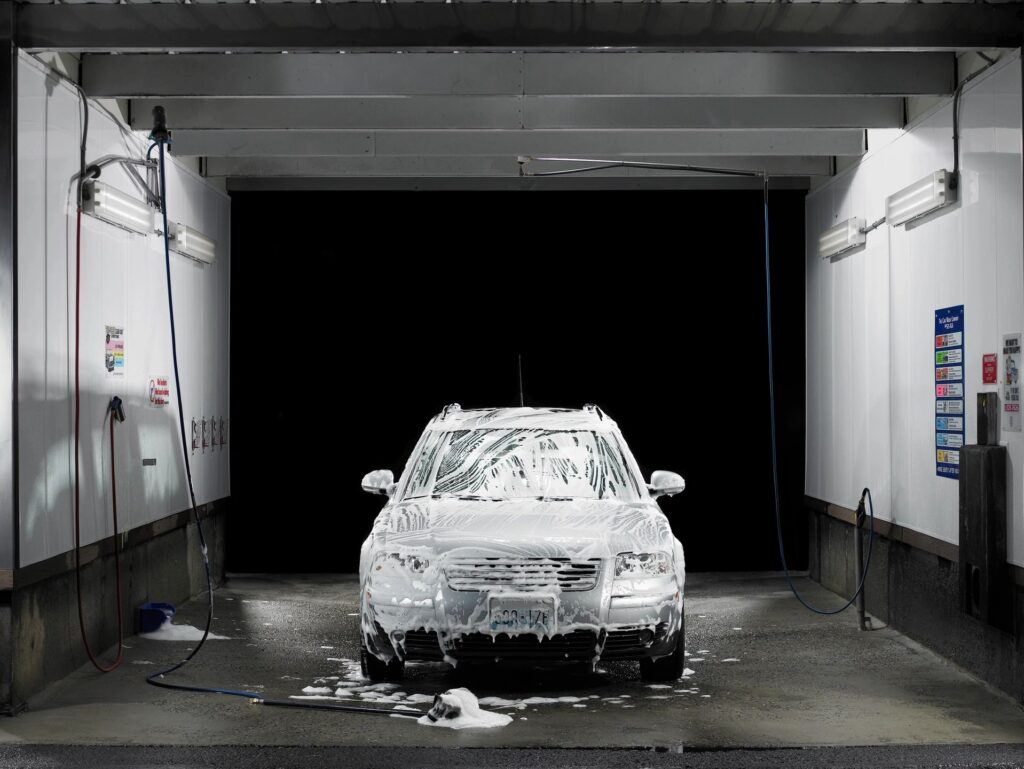Rewiring Australia has urged the NSW Government to progress household electrification to meet carbon emissions targets after the Climate Change (Net Zero Future) Bill passed state parliament on Thursday, November 30.

“We endorse the government’s decision to legislate emissions reduction targets and are pleased to see this bill attract cross-party support,” said Dan Cass, Executive Director of Rewiring Australia.
“To meet the targets it outlines, the government must urgently support households to electrify their heating, hot water and appliances and install solar and batteries.
“Research shows this is the fastest and cheapest way to decarbonise the economy and will also significantly bring down energy bills.”
The legislation will establish an independent Net Zero Commission to monitor, review, report and advise on progress towards reducing emissions.
“It is critically important that panel members have experience and knowledge of clean energy, investment, technology innovation and public policy,” Mr Cass said.
“The Commission must drive a new framework that empowers households and businesses and industry to generate, store, and share clean electricity.
“It must also report on NSW’s indirect – or ‘scope 3’ – emissions, especially those created from exporting fossil fuels. The world cannot avoid climate disaster if the coal and gas industry keeps expanding.”
The NSW Parliament passed the Climate Change (Net Zero Future) Bill, setting a framework to rapidly cut climate pollution to net zero in NSW and the bill received unanimous support from the government, opposition and crossbench, proving that bipartisan support for climate action is possible.
In fact, the Coalition, Greens and crossbench all made important amendments to strengthen the bill. This includes a 70% emissions reduction target by 2035, ensuring the targets can be improved over time, and adding more ways the new Net Zero Commission can reduce emissions across NSW, according to the Nature Conservation Council.
NCC said this progress comes after over a decade of tireless campaigning.
“Thousands of us took to the streets, wrote submissions and tirelessly lobbied our elected representatives. This got us to where we are now, where all sides of Parliament agree NSW society needs to be in harmony with nature, from our energy grid to our farms, forests, and homes,” said NCC CEO Jacqui Mumford.
“Now the hard work begins,” she said. “Despite this new law, the government is still planning to prop up coal power, allow new coal and gas mines, and continue logging our precious forests.
“Meanwhile, misinformation campaigns against renewable energy are being spread like wildfire by climate denying politicians and their fossil fuel donors.
“We risk losing NSW’s cross-party support unless we achieve concrete wins that demonstrate the climate transition is fair for workers, supports households and delivers for regional communities.
“We must make sure that the transition to a clean energy future doesn’t leave people behind. We need targeted policies that bring everyone along on this vital transition.
“We also have to ensure Australia’s biggest coal fired power stations aren’t given millions in public money, granted exemptions from our clean air laws, or allowed to destroy precious wetlands and water resources to mine coal for their furnaces.
“Finally, we need to make sure that nature is protected as build the infrastructure we need to power the transition.”


